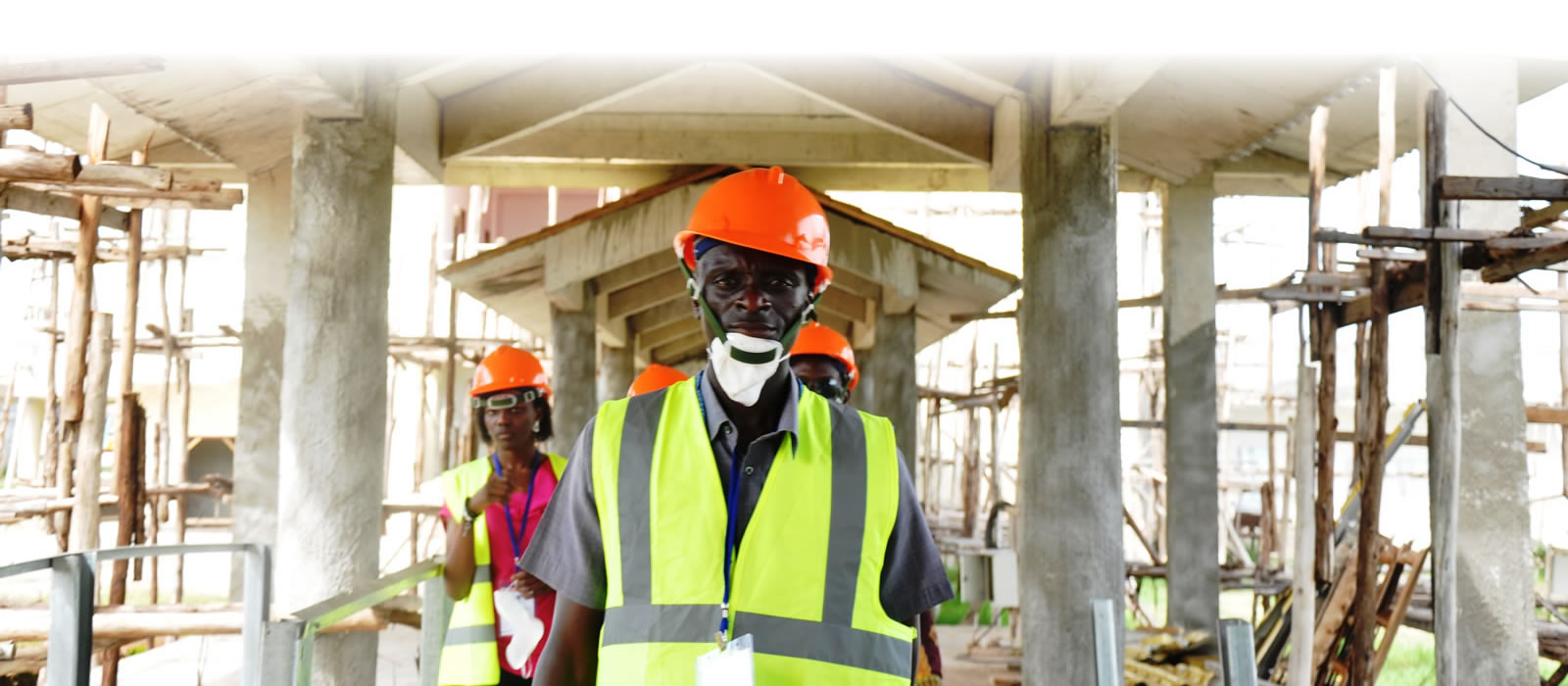Title: Climate change and water in Uganda
Country:Uganda - Malaysia
Contract Value: USD$ 27,000
Period: 2014
Partner: United Nations Uniersity
Water safety and climate mitigation measures are global concerns. In the project, climate variability and related health implications were the focus of the work. These influence natural respurce based enterprise e.g., drought or floods that could negatively impact products.
Description of services
The consultants used the data, such as included 11,101 outpatient records in the Luwero district from the Ugandan Ministry of Health database, the records of 2,358 outpatients connected with water-related health risks linked to climate variability (diseases such as cholera, typhoid, acute diarrhoea and dysentery) from seven sub-county health centres, monthly mean rainfall data for 30 years (1977–2007), and information from 90 households that harvest rainwater near the local health units. The consultants controlled for the following list of social factors that potentially influence capabilities: personal characteristics (education), cultural norms, the capacity to cope with shocks, seasonal variation, societal favouritism and community segregation.
Relation with the consultancy
Integrated water management, man-made induced activities and information on effects of climate variability were important in mitigation planning.
The project recommended persistence in climate mitigation measures and control against water-related risks, which are important information in planning for natural resource-based enterprise, including market indentification
Details available at:
Water and climate variability in developing countries: the case of Uganda
